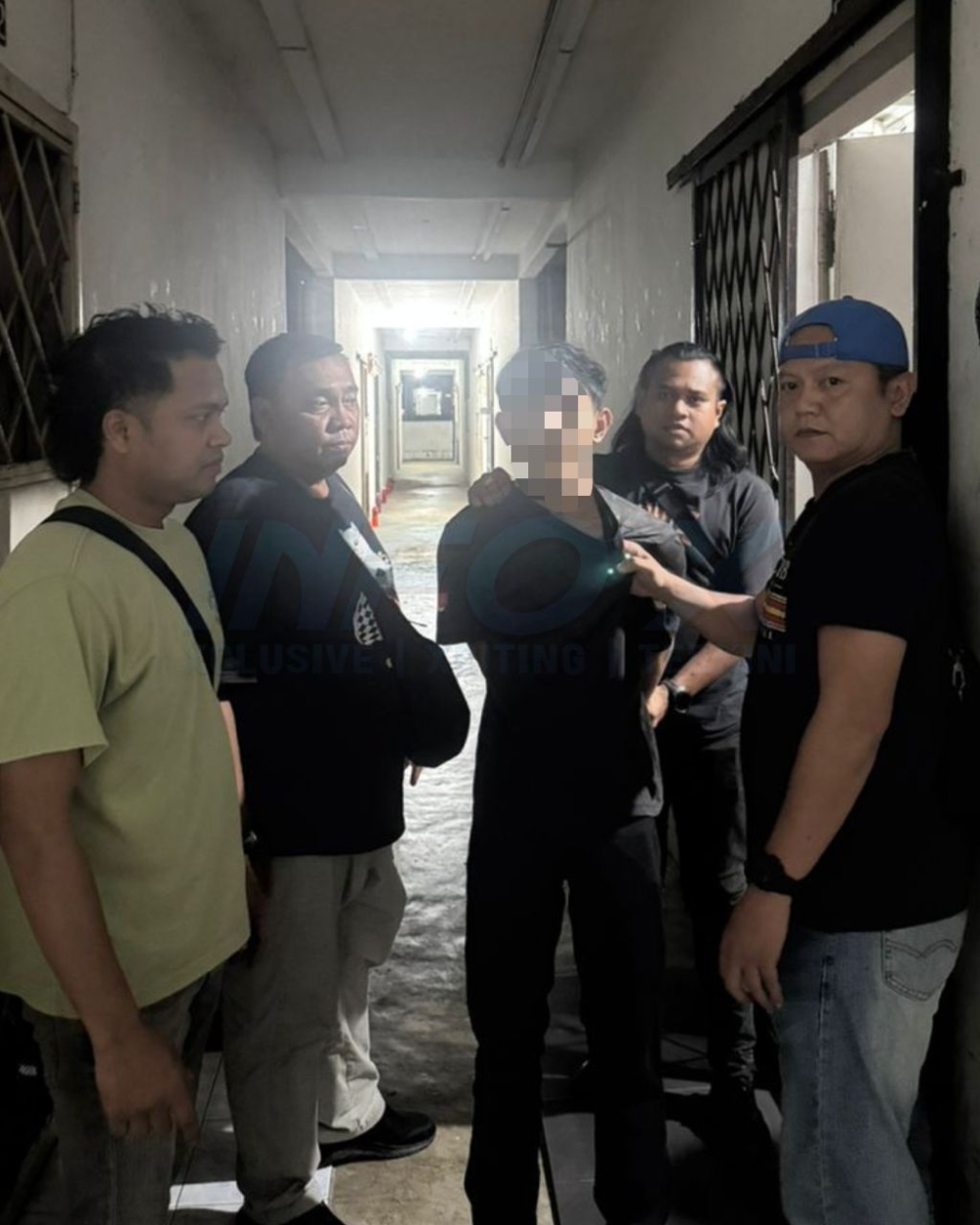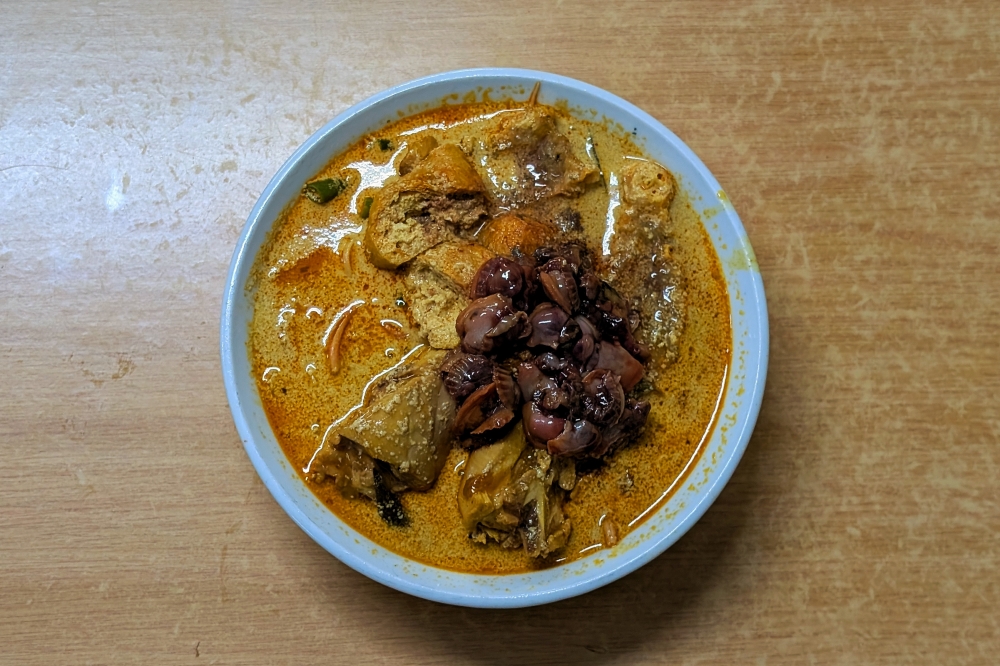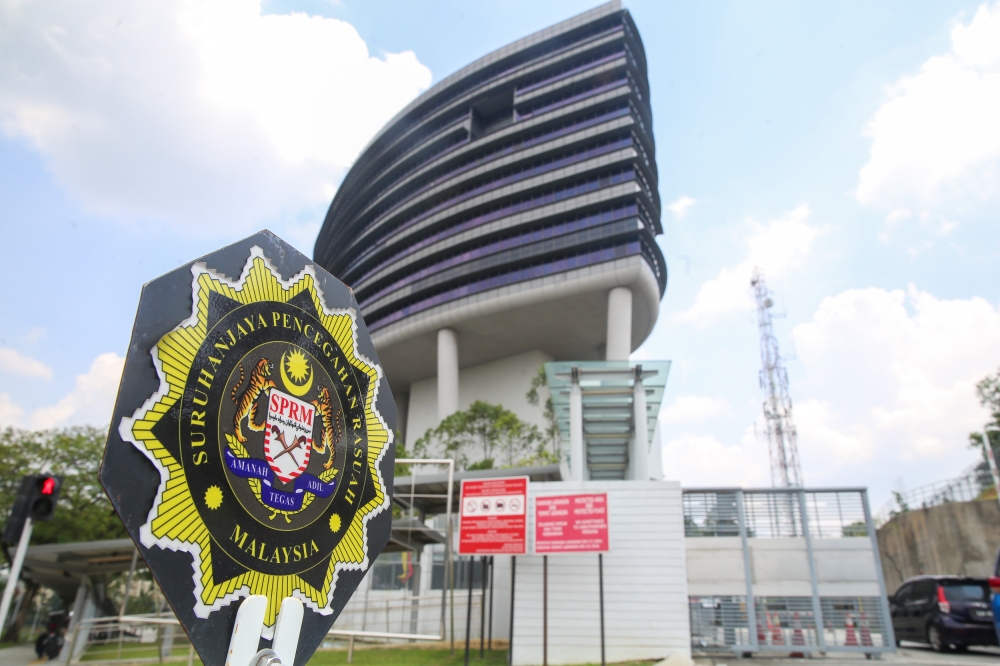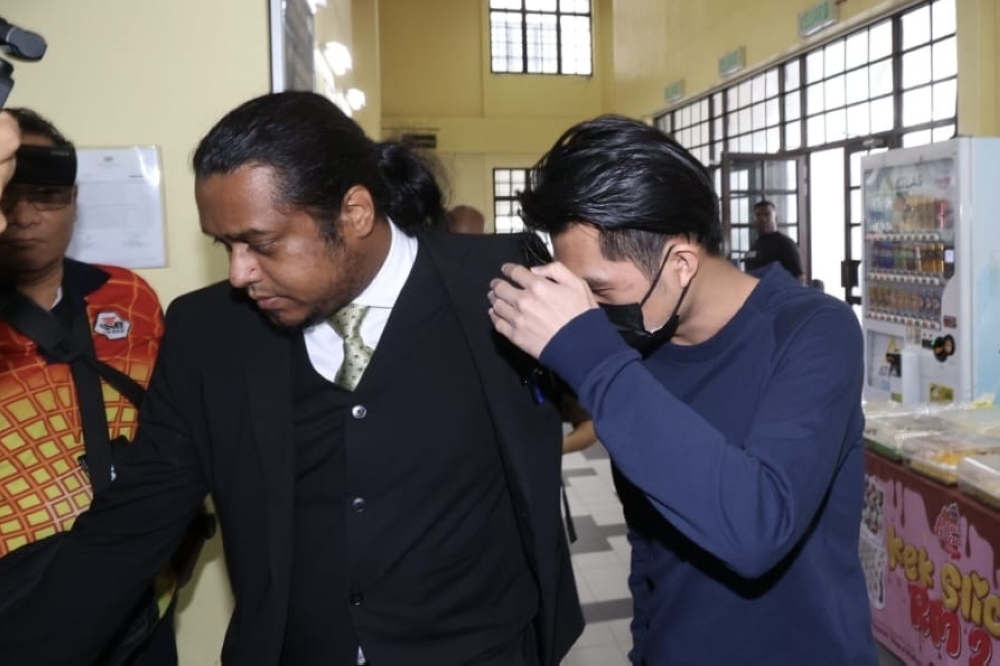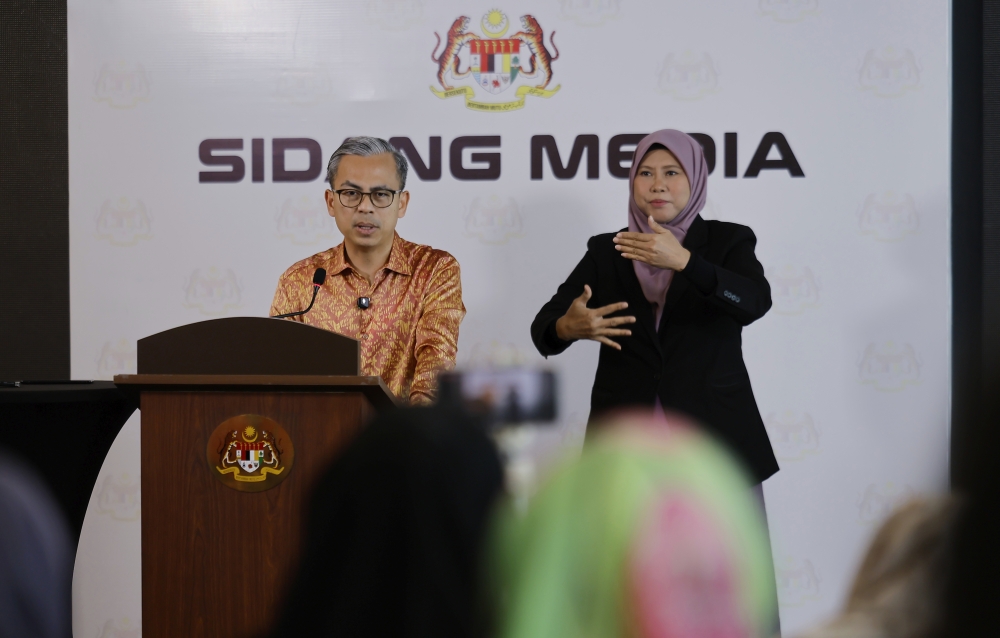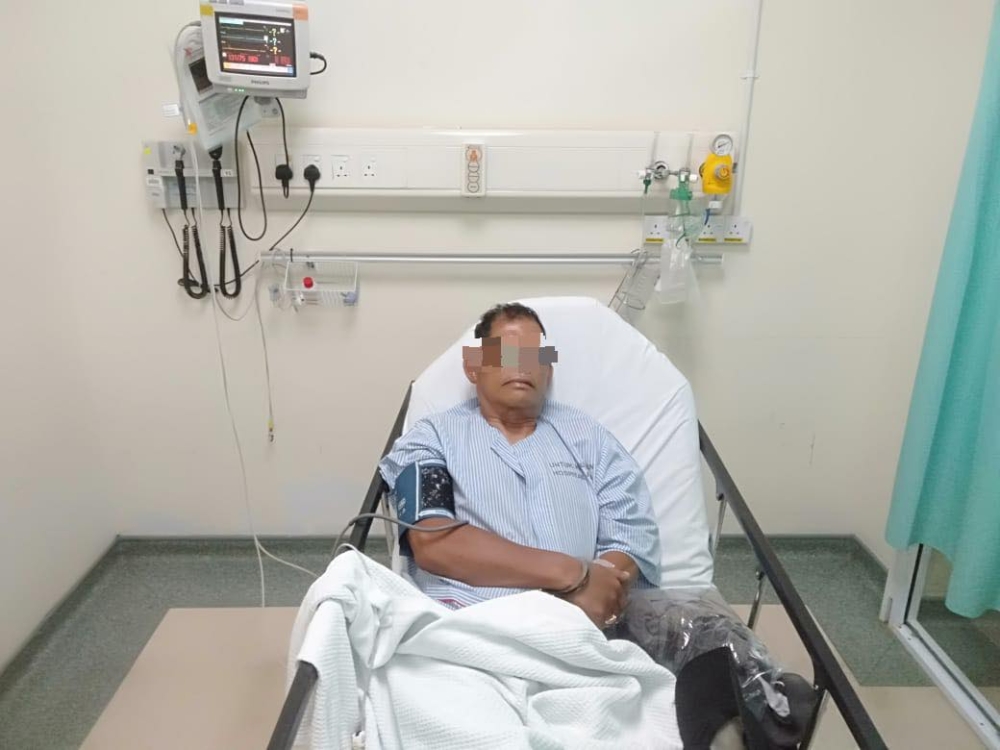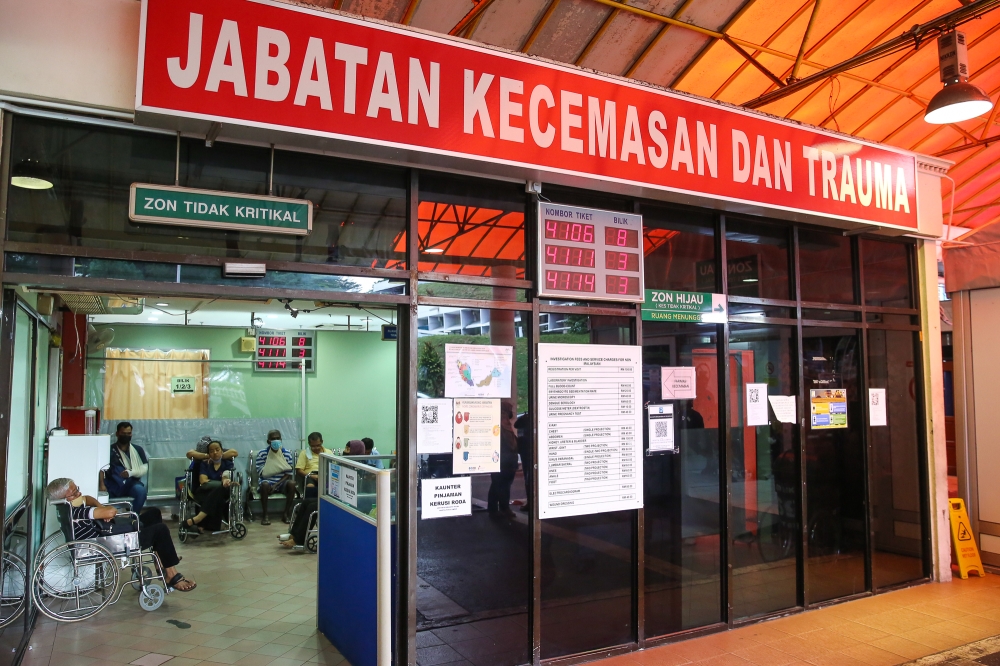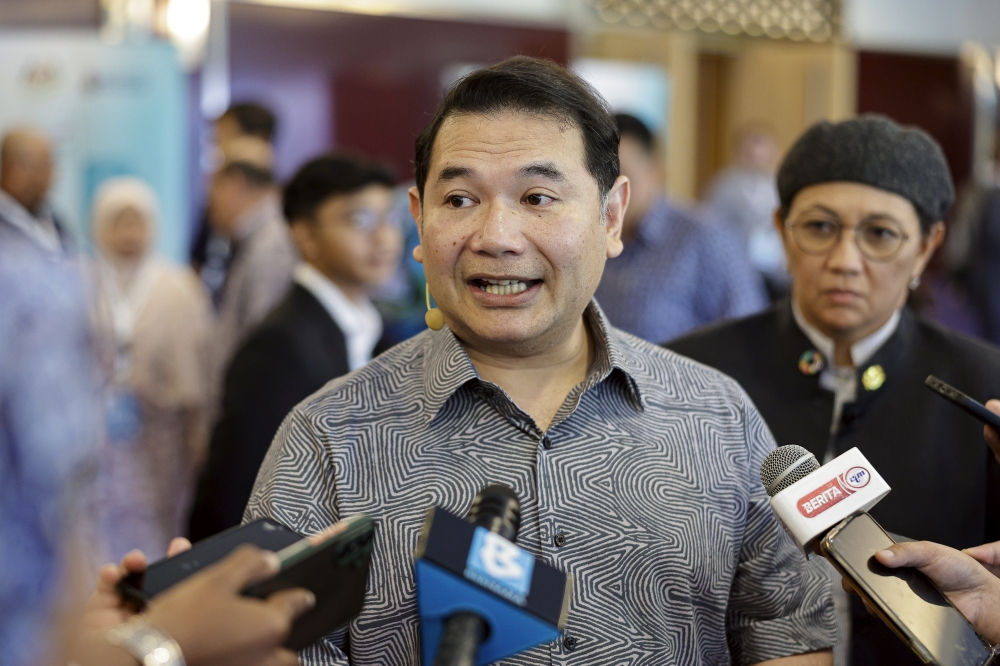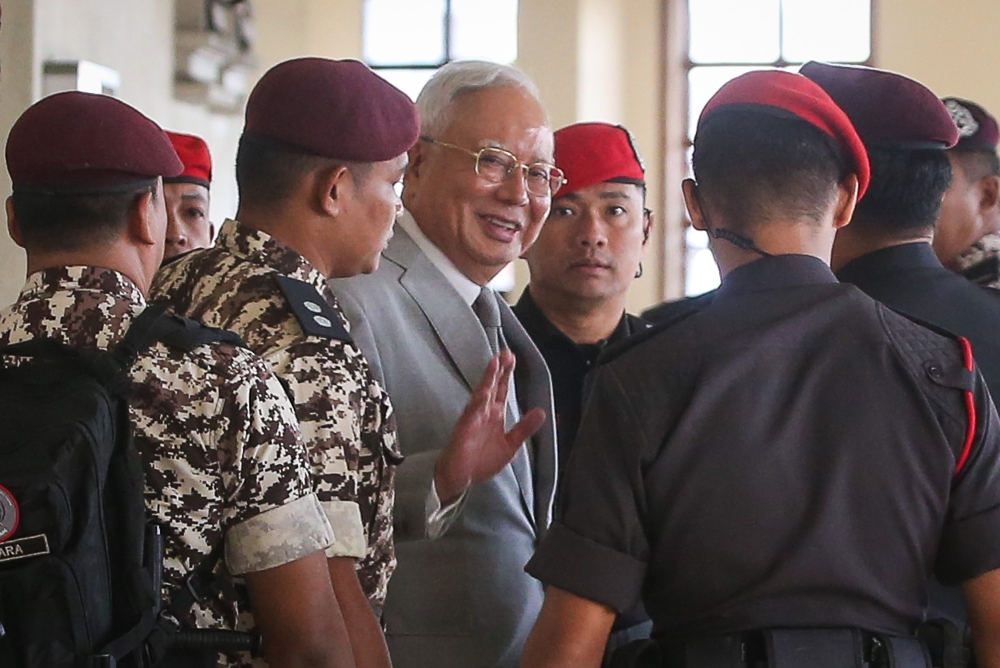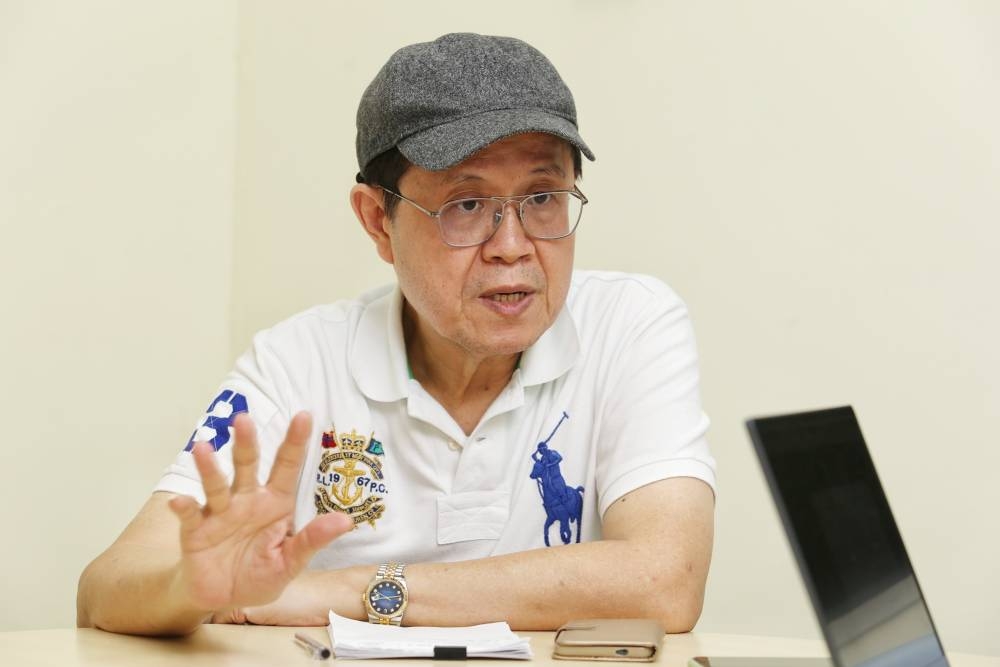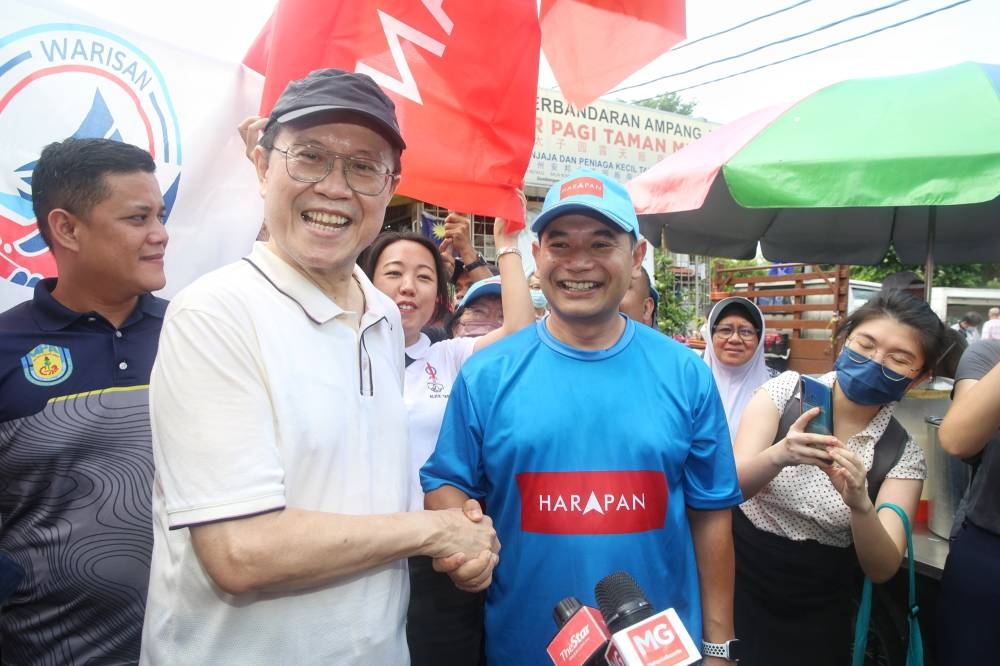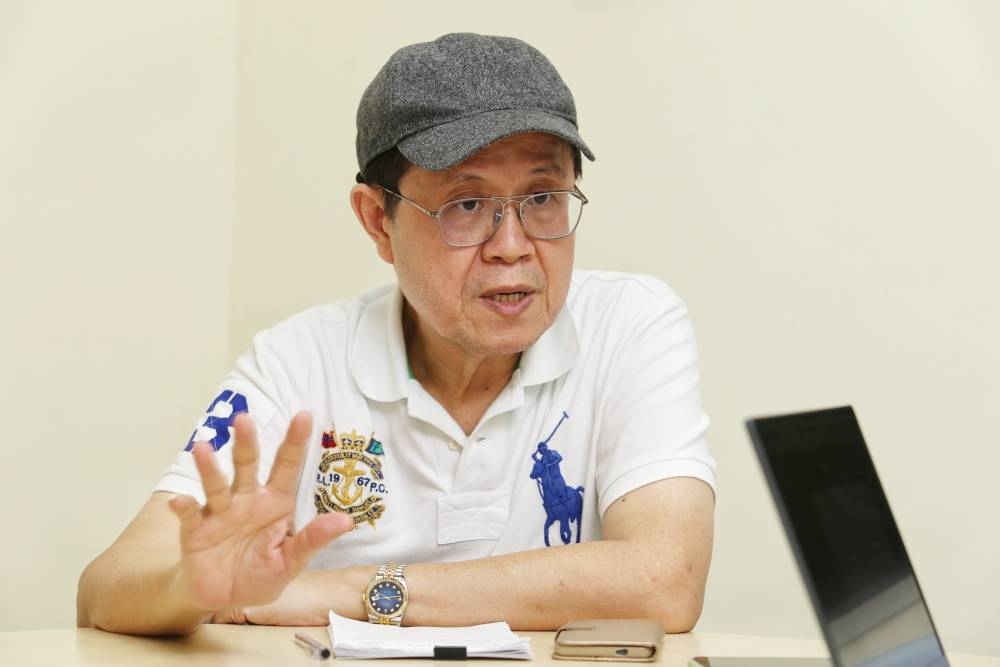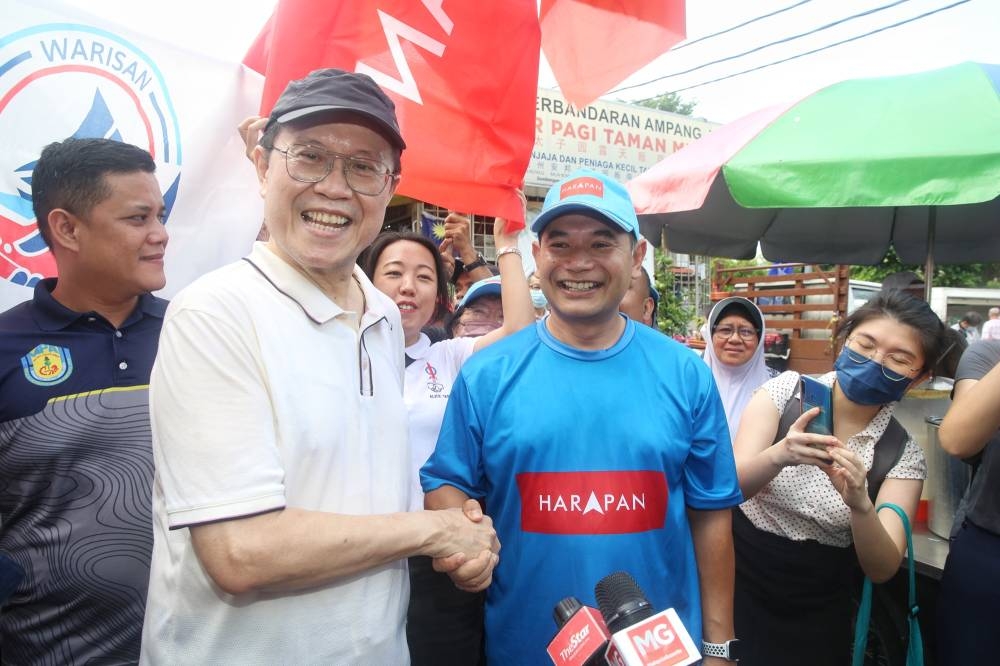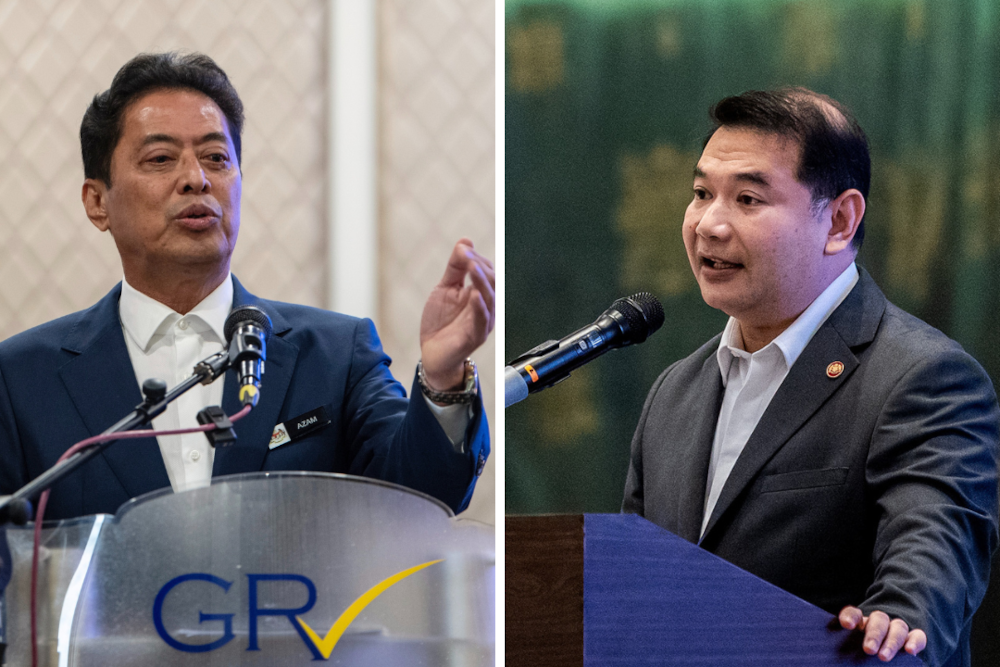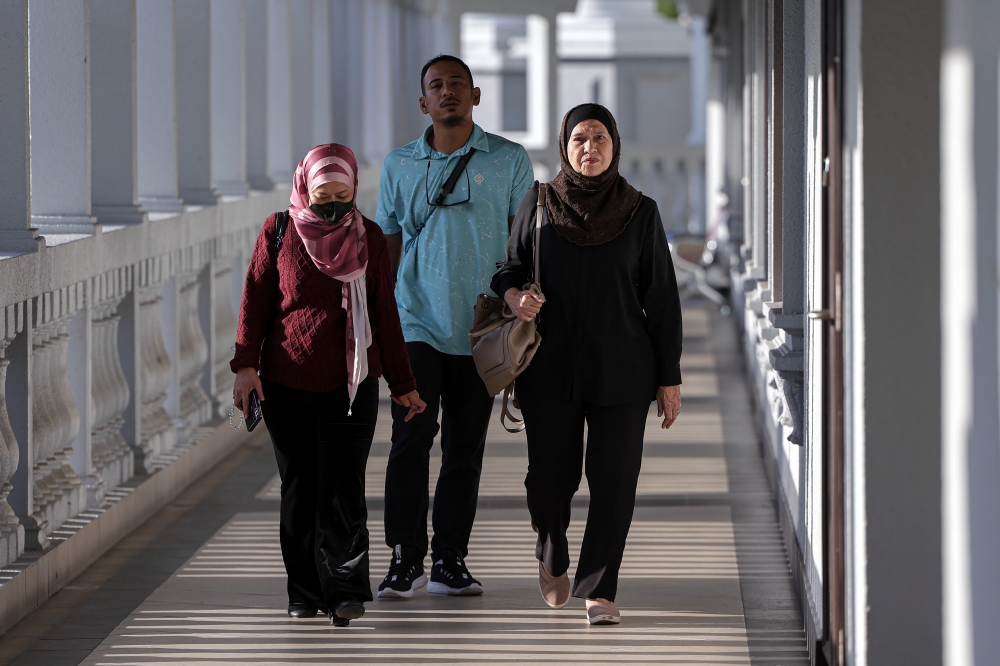AMPANG, Nov 14 — Ask those in Pandan if they know former MP Tan Sri Ong Tee Keat and chances are many, particular the older ones, would recount the no-nonsense and pragmatic ex-MCA president as once being the face of the federal constituency, having represented it for six terms.
Now returning from a decade-long hiatus from politics and as a candidate once again in the 15th general election, Ong said his comeback was primarily motivated by his aspiration to see Pandan’s potential and competitiveness further harnessed.
He also it was spurred by a desire to see the country’s politics “unshackle itself from race and religion”, which he said it was unable to do in the decade he was watching.
“We need to redeem the ten lost years due to the conspicuous absence of parliamentary lawmakers in the constituency matters.
“The Pandan folk deserve a better living quality in the current phase of development,” he told Malay Mail in an interview at the Parti Warisan operations centre in Taman Kencana here.
A former transport minister, Ong was a four-term MP for Ampang Jaya from 1990 until 2004, before the constituency was abolished and replaced with Pandan, which he went on to win twice more.
After he lost the MCA presidency in a power struggle against Datuk Seri Dr Chua Soi Lek, Ong was dropped as a candidate for the 2013 general election.
Traditionally an MCA seat, Rafizi wrested it from Barisan Nasional (BN) in 2013, defeating Ong’s replacement, Gary Lim, by 26,729 votes during the political “tsunami” that year.
With his unexpected comeback into active politics, Ong joked that this appeared to be main thing people have asked since his candidacy in the 15th general election was announced.
During his ostracisation in MCA and after his resignation in 2017, Ong said he had been actively involved in community-based non-governmental works after leaving active politics, and remained connected to the Pandan community on a local level.
This included work in Yayasan Bakti Nusa Malaysia that he founded in 1999, the incorporation of the Malaysia-China Silk Route Chamber in 2016, and the establishment of a think-tank called Centre for New Inclusive Asia in 2018.
On his return, Ong said he was pleasantly surprised to see former constituents embracing his return to politics and, potentially, as their next elected representative.
Why Warisan?
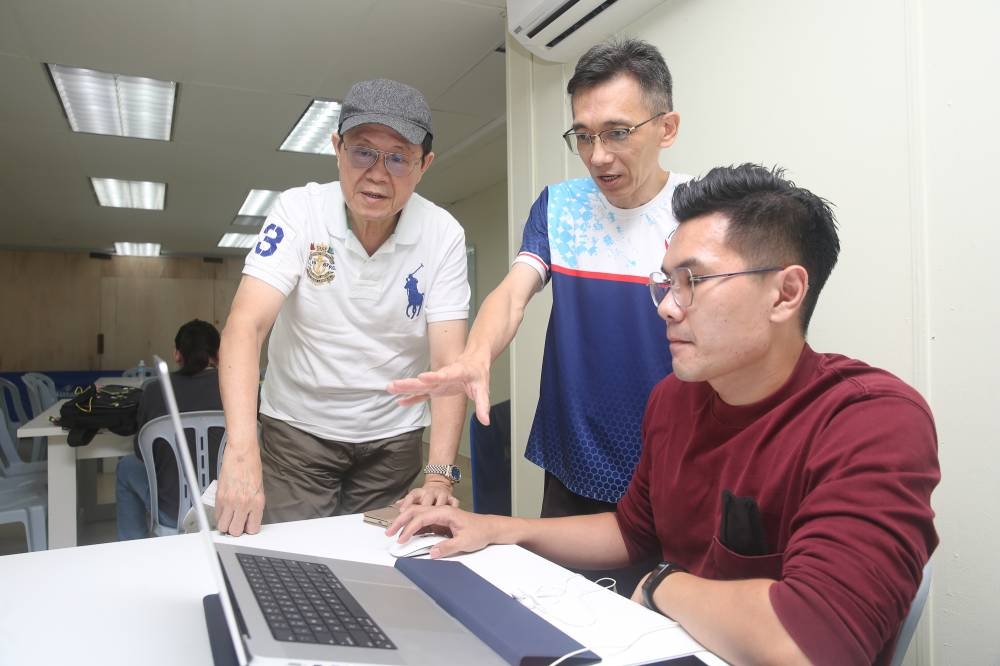
As a veteran MP with experience serving a constituency, Ong said he chose Warisan as it has demonstrated its commitment to building a nation that transcended race or religion, an unwavering commitment that resonated with his personal belief.
“This is the precious scarcity amid escalating racism and religious bigotry that are besetting the nation.
“While I shared the agony and disappointment of many fellow Malaysians with the prevailing governance and political cultures, I have been in search of a viable alternative — a choice of political integrity above race and religious populism that, I believe, Malaysia is in dire need of at this juncture,” he said.
He also spoke highly of Warisan’s Borneo Malaysian model of harmony and inclusiveness, which has earned plaudits for Malaysia from the region.
“Why can’t we make this a nation-wide model to re-establish our Malaysian identity devoid of bigotry and intolerance.
“It’s these aspirations and ideals Warisan cherished that prompted me to reconsider my earlier plan of retirement before my political comeback from a hiatus of ten years,” he added.
While Parti Warisan’s manifesto has yet to be announced, Ong said he has prepared one of his own specifically for Pandan were it to elect him again.
However, Ong noted that these proposals hinge on greater political stability in the country.
“Parallel to this, the Malaysia My Second Home policy needs to be given a new lease of life with consistent guidelines.
“Malaysian higher education which was once a promising foreign exchange earner should have its competitiveness bolstered through policies deemed friendly to international students.
“Exports of products and services can further be enhanced by harnessing the trade facilitation provided by RCEP, which is now the biggest ever free trade market in the world,” he said of the Regional Comprehensive Economic Partnership that covers nations in the Asia-Pacific.
On the constituency level, Ong said initiatives must be rolled out to create more job opportunities and capacity building for the youth to enhance their employability.
According to the Election Commission, there are 8,300 eligible voters between the age of 18 and 20 in the seat following the implementation of Undi18.
Asked how he would connect with these voters far younger than him, Ong conceded that his age was not an advantage, but later explained that there were youth empowerment and capacity building-related initiatives ready to be rolled out if he were to be given the mandate.
“But to me, it’s the sincerity, vision and commitment in endeavouring for the youth that matters. The new segment of young voters is certainly crucial to me.
“Bridging the connection with them is not just an outreach initiative dedicated to youth, but more importantly out of genuine concern for them,” he said.
As the country transitions into post-pandemic economic recovery, Ong said the constituency now required a leader who was hands-on and possessed strong affinity and attachment to the local community, which he said he could provide.
Aside from Ong, others contesting in Pandan include Pakatan Harapan’s Rafizi Ramli (PKR), Gerakan Tanah Air’s Nadia Hanafiah (Parti Pejuang Tanah Air), Barisan Nasional’s Datuk Leong Kok Wee (MCA) and Perikatan Nasional’s Muhammad Rafique Zubir Albakri (PAS).
In 2013, Rafizi won against Gary Lim Chin Yee — the candidate who replaced Ong — in a three-cornered fight with a 26,729-vote majority.
After he was forced to sit out the 2018 general election, PKR sent in Datuk Seri Wan Azizah Wan Ismail who doubled the party’s majority in a five-cornered fight, beating Leong by a 52,543 majority.

